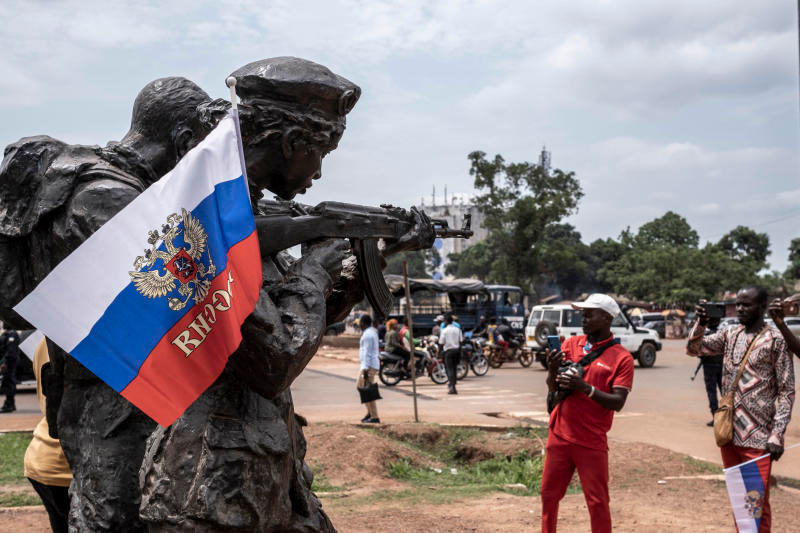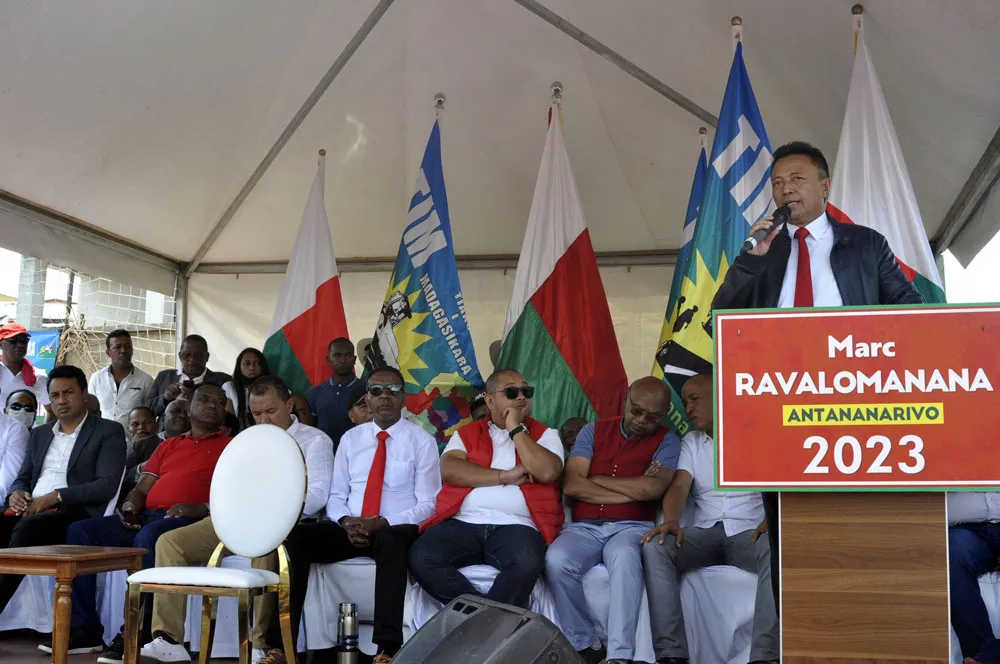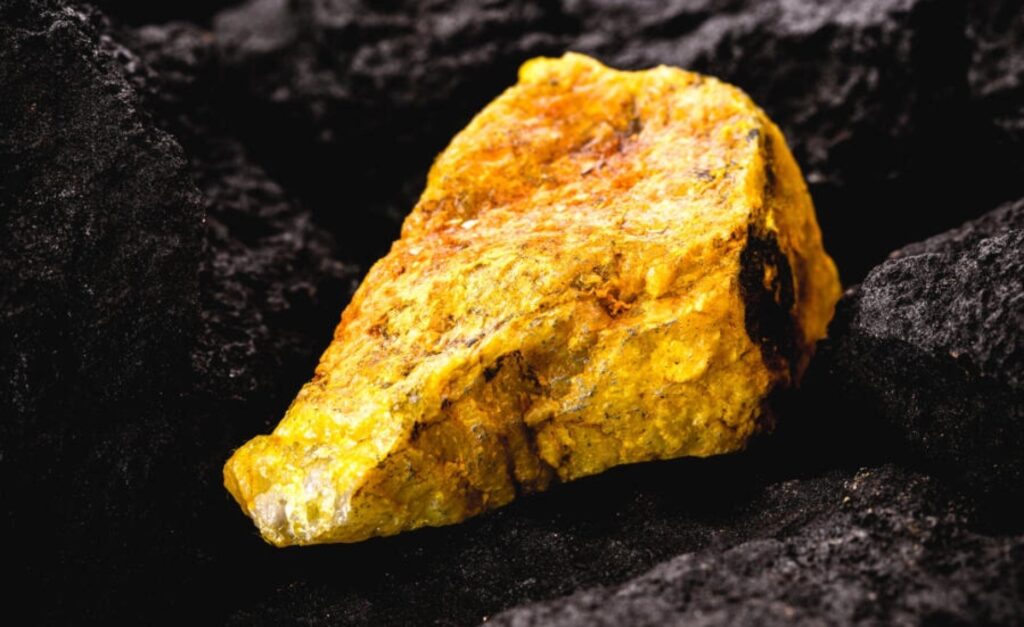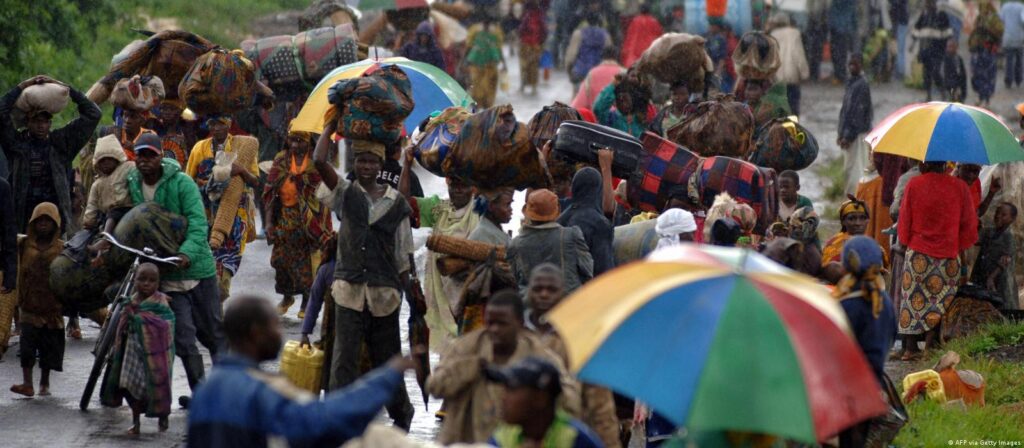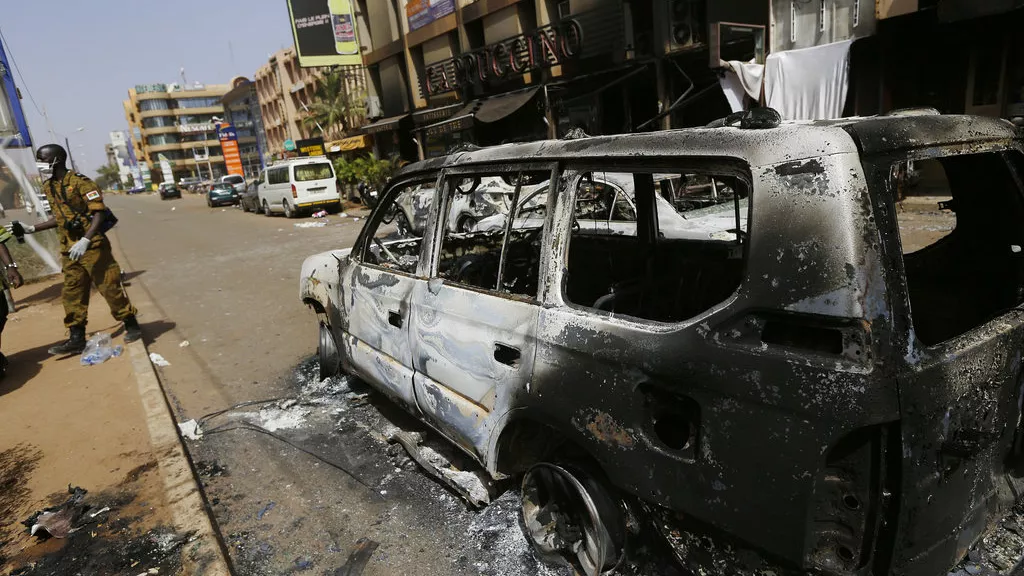La milice Codéco, un danger en RDC
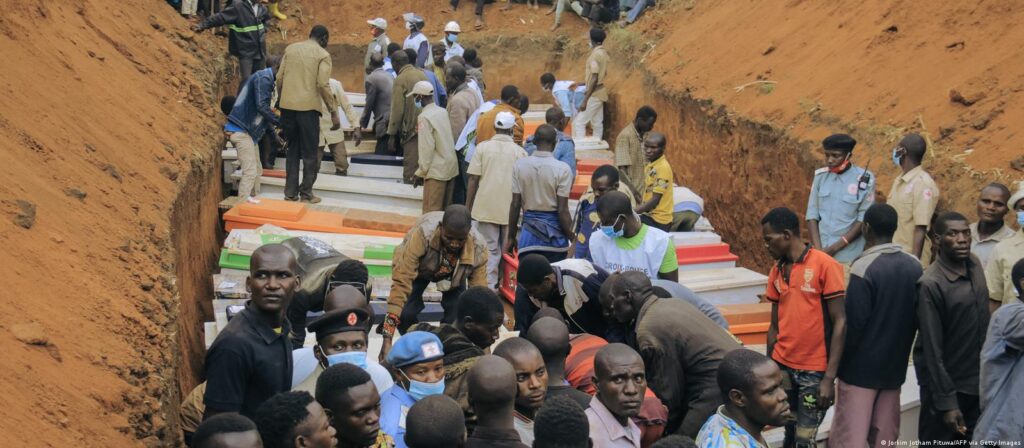
La milice communautaire Codéco a exécuté 17 otages dimanche, un an pourtant après que la RDC a tenté de négocier un cessez-le-feu avec d’anciens chefs de guerre.
C’est la consternation en Ituri après l’exécution par la Codéco de 17 otages, dimanche [26.03.23]. Les personnes tuées ont d’abord été prises en otage avant d’être exécutées le lendemain par la milice Codéco. Elles quittaient le chef-de-lieu dela province de l’Ituri, la ville de Bunia, pour se rendre dans la cité minière de Mongbwalu lorsque leur convoi est tombé dans une embuscade.


